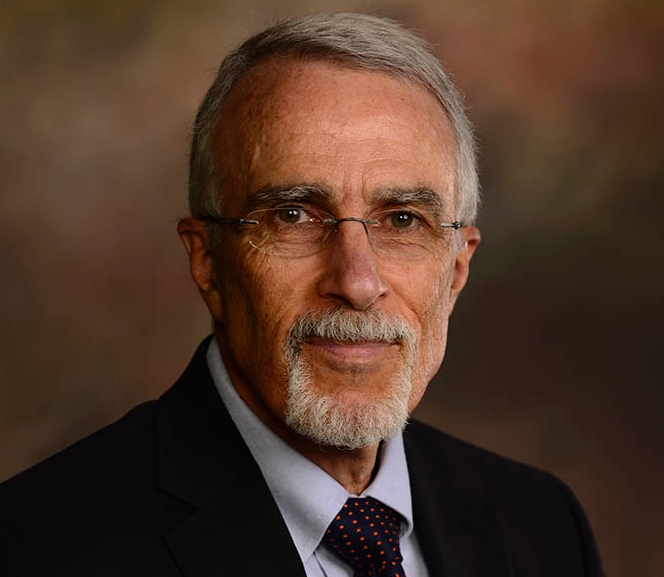Mark Liles, associate professor in the Department of Biological Sciences, is one of two Auburn University professors who have been awarded Alabama Innovation Fund grants through the Alabama Department of Commerce for research involving efficient energy systems and catfish vaccines.
Professor Jeffrey Suhling of the Samuel Ginn College of Engineering received $400,000 for "Developing a High Performance Integrated Building Energy Systems Technologies Research Program," while Liles received $250,000 for "Probiotic and Vaccine Development to Benefit the Alabama Catfish Industry."
"The university will match those funds to enhance their outstanding work," said John Mason, Auburn University vice president for research and economic development. "We appreciate the support from the Alabama Innovation Fund to generate research into areas that will benefit the state and region."
The matching funds bring Suhling's total to $800,000 and Liles's amount to $500,000.
Suhling, the Quina Distinguished Professor and chair of the Department of Mechanical Engineering, is collaborating with Lorenzo Cremaschi, who soon will join the Auburn faculty from Oklahoma State University's mechanical and aerospace engineering faculty. The funds will support a state-of-the-art experimental laboratory for research in scalable energy conversion systems. It will have the capability to reproduce climate conditions from around the world, including tropical to continental, and dry desert to polar tundra.
Liles is working on an oral vaccine, delivered through catfish feed, that would combat a bacterium causing an epidemic among catfish farms in the Southeast. Since 2009, catfish farming in Alabama, Mississippi and Arkansas has been seriously impacted by an emerging strain of Aeromonas hydrophila that causes Aeromonas septicemia in catfish and has resulted in over 15 million pounds of fish losses in Alabama alone. The state of Alabama is a major player in the nation's catfish industry and ranks second among the states in catfish production.
He is partnering with Professors Jesse Chappell, Terry Hanson and Jeff Terhune in the School of Fisheries, Aquaculture and Aquatic Sciences in the College of Agriculture; Professor Joe Newton in the Department of Pathobiology in the College of Veterinary Medicine; the Alabama Catfish Feed Mill in Uniontown, Alabama; Hollingsworth Farms Inc. in Newbern, Alabama; and Osprey Biotechnics in Sarasota, Florida.
The Alabama Innovation Fund awarded nearly $4.5 million this year to advance research being conducted at universities and other institutions, providing key support for programs that could generate new ventures and create jobs across the state. It is funding 14 projects at six different universities and two research-focused organizations, with the maximum award reaching $500,000.
Created in 2012 as part of the "Accelerate Alabama" strategic growth plan, the Alabama Innovation Fund aims to bolster research and economic development. Projects are selected for funding based on factors such as job-creation potential, the likelihood of successful commercialization and additional research possibilities. Winning proposals were selected through a statewide competitive evaluation process.




